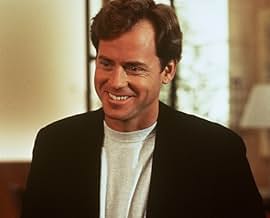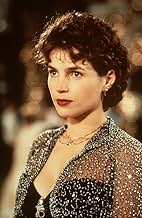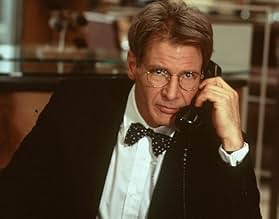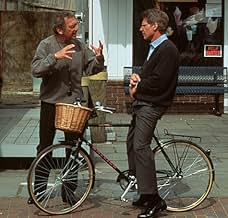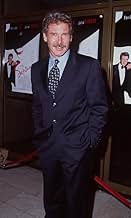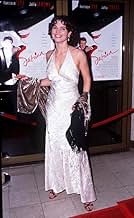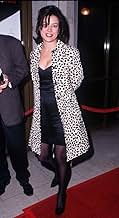Tempting though it may be to compare this film to the 1954 version, you will miss the point if you do. To understand the true magic of Sydney Pollack's masterpiece, read the Samuel A. Taylor play both films were based on. While I'm sure the play was a great evening out at the theater between martinis in the 1950s, it's somewhat incredible that two film versions so profoundly translated this lightweight romantic comedy, each in its own time.
In 1954, Billy Wilder used an incredible cast to entertain. No, Bogart should never have been cast. Cary Grant might have created the dynamic relationship with Audrey Hepburn we fortunately got to see later in Charade, but if Bogart had not been cast would the film hold its classic status? Hepburn transfixed an audience and brought to the world La Vie en Rose. William Holden is period eye candy, and the film will always be fun.
Forty years later, however, Pollack made an important film. Taylor's play is, after all, just a fairy tale, and this film fully realizes it. Ormond is enchanting. Kinnear ripens the always empty David. Fanny Ardant brings a french cinema quality to the film's Paris episodes. Marchand's "I didn't teach you this" culminates what may be one of the best written scenes in American film. You can watch this scene over and over and each time gain a better understanding of how great acting can define a relationship, this one between mother and son, for an audience.
But this film should have been called Linus. Harrison Ford's tour de force performance as the greater Larrabee fulfills Pollack's mission to tell a simple story of how a king is transformed by the love of a woman.
"It was a lie, then it was a dream."


